News
For media inquiries, please contact OUUVzrqvn@hpfs.rqhude.fscu@aidemIHHB
Image
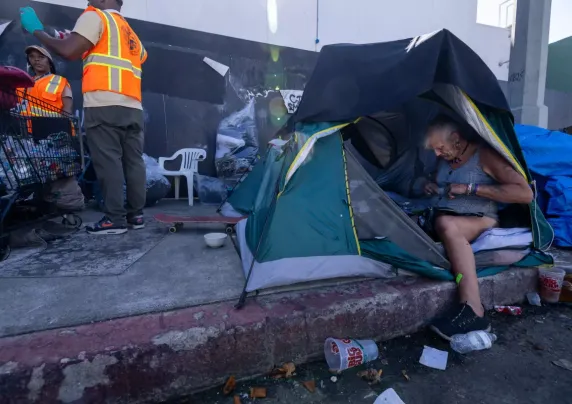
Los Angeles’ $22-Billion Homelessness Problem Gives Leaders a Choice: Double Down or Change Strategies
Los Angeles Times •
October 16, 2024
Image
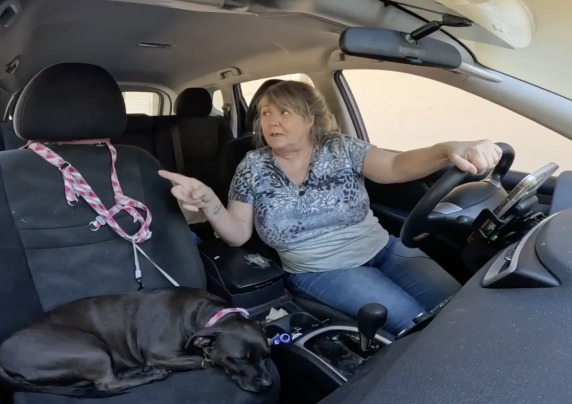
Some Employed Homeless Americans Live in Their Cars
Fox Business •
September 5, 2024
Image
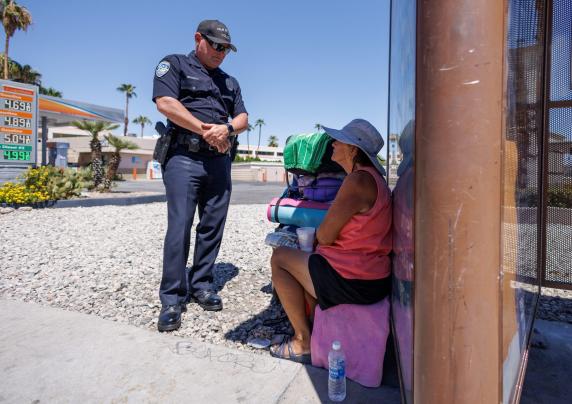
Emboldened by Supreme Court, California Turns to Police in Homeless Crisis
Reuters •
September 5, 2024
Image
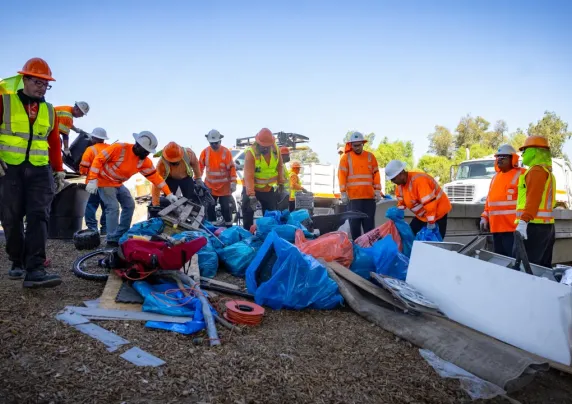
Homelessness Experts Weigh In on Newsom’s Executive Order on Encampments
KTLA •
August 26, 2024
Image
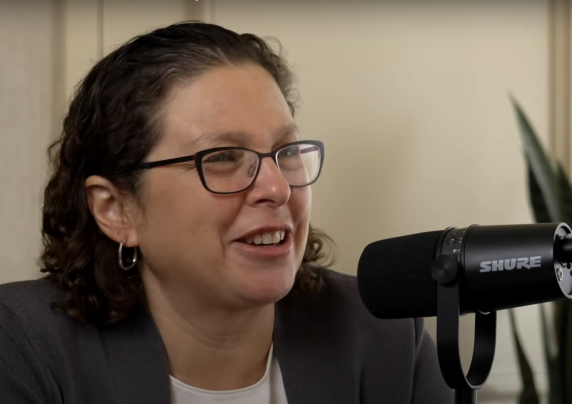
California's Homeless Crisis: Uncovering the Truth
Invisible People •
August 23, 2024
Image

Unraveling the Misinformation about Homelessness in California
KPFA Letters & Politics •
August 12, 2024
Image
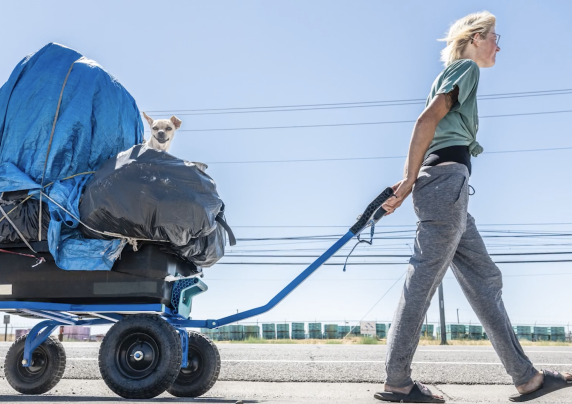
‘No More Excuses’ on Homelessness, Newsom Warns Counties. Has California Done All It Can?
Sacramento Bee •
August 9, 2024
Image
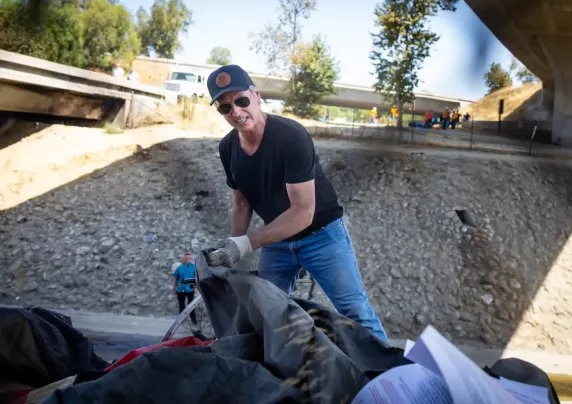
Newsom Threatens to Take Money From Counties That Don’t Reduce Homelessness
Los Angeles Times •
August 8, 2024
Image
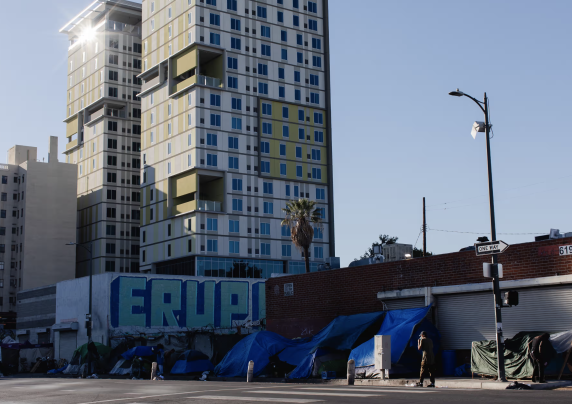
Thousands of Senior Citizens Are Dying Homeless in Los Angeles, Records Reveal
The Guardian •
August 8, 2024
Image
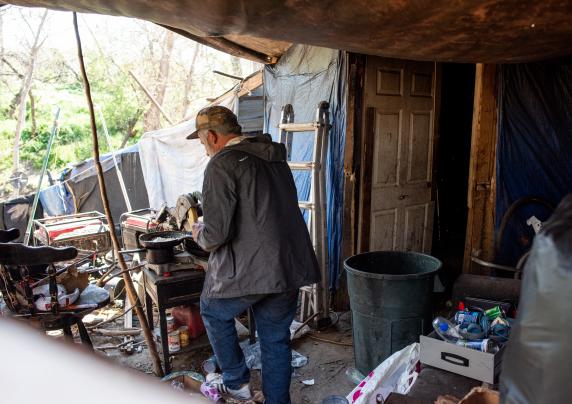
Supreme Court’s Homelessness Ruling Could Compound the Problem
UCSF News •
August 5, 2024